The Grief in Memories
TJ KLUNE is a Lambda Literary Award-winning author (Into This River I Drown) and an ex-claims examiner for an insurance company. His novels include the Green Creek series, The House on the Cerulean Sea and The Extraordinaries. Being queer himself, TJ believes it's important—now more than ever—to have accurate, positive, queer representation in stories. TJ can be reached at tjklunebooks (at) yahoo.com.
Content note: This piece includes frank discussion of death and grief.
I have three distinct memories from when I was a kid, ones that stick out more than the rest.
The first is my actual first memory, as far as I can tell. I was three years old, or so the story goes, and at the park with my father. We were on a merry-go-round, spinning slowly. I sat on my father’s lap, my back against his stomach, one of his arms wrapped around me, holding me close. His other arm was in front of me, holding a paper cup with a plastic lid and a straw sticking out. Inside the cup, a vanilla milkshake. He let me suck on the straw. I drank too fast and got a brain freeze. It hurt. My father laughed and told me it would be over soon.
The second memory is from when I was five years old. I was at my grandmother’s house, sitting on the back porch with a small piece of wood and a pocketknife I wasn’t supposed to have. I was trying to carve something—what, I can’t remember—when my mother came around the back of the house. She was crying. It scared me, and the knife slipped. I nicked my finger. I held it up for my mom to look at, sure my finger was going to fall off, but she ignored it. She ignored it because she was coming to tell me my father was dead, along with her brother, my uncle.
The third memory is from their funerals. I didn’t understand why my mother and grandmother were wearing black veils over their faces, or why we as the immediate family had to sit behind a transparent screen away from everyone else. I remember the coffins. They were closed. My father and uncle had been in a car accident. They’d been hunting in the forests of Oregon. Their truck came around a corner on a dirt road in the middle of nowhere, not knowing there was an old trailer for a semi-truck parked in the road. It’d apparently been there forever, rusted out and forgotten. They didn’t have time to stop. We were told that it was over in an instant, but I never could figure out how they knew that. It wasn’t until years later that I found out that they’d both been drinking beers, as people often do when hunting, at least where I’m from. They were drunk. Maybe if they hadn’t been, their reaction time would have been quicker, but that line of thinking—the what if—is a cruel thing, and I don’t like to think about it much.
I know grief. I do. Chances are you do too. If you live long enough to learn what love is, you’ll know loss. Though no two people will grieve the same way, there’s still something universal about it, the way it changes us. It makes us feel like our hearts are being torn from our chests. It makes us furious, ranting and raving at the unfairness of it all. It’s all-consuming, this great thing that wraps itself around us and refuses to let go.
But when you’re a kid? Contextually, children—especially younger children—don’t have a firm grasp on mortality. All they know—all I knew—was that someone is gone, and they aren't coming back. “They’re in Heaven,” I was told. “They’re in a better place.”
I think about that a lot, the idea of a better place, and what that would look like. I don’t know. No one does, at least no one living. But we still hope, don’t we? We still wish that this isn’t all there is. That we—somehow, someway—continue on.
I wrote Under the Whispering Door while wrestling with grief. I lost someone I cared for dearly, a man with a giant heart who made the world a better place simply by existing. His name was Eric. Eric was a good man, better than I could ever hope to be. Kind, funny and thoughtful, Eric had this light in him, this unending brightness that drew people to him. Losing him—and in turn, myself—was heartbreaking. I didn’t know how to be. I didn’t know how to act. There’s no rule book, no guidelines to follow when it comes to grief. Even now, years removed, I can be fine one day, and the next, feel like I’m right back in the middle of it, hearing the beeping of the machines in his hospital room.
Under the Whispering Door is me trying to make sense of loss, of grief. In this story, a man named Wallace lived a selfish life, only thinking about himself and what people could do for him. He dies at the beginning of the novel, but instead of an ending, he realizes it’s the beginning of something else entirely. At his sparsely-attended funeral, he meets Mei, a woman who calls herself a Reaper. Her job, she tells him, is to bring him to the ferryman, the man whose job it is to help the dead cross over to what comes next. She does exactly that, bringing him to a tea shop owned by the ferryman himself, a man named Hugo.
Through his journey after life, and with help from those in the tea shop who know more about life and death than he ever could, Wallace begins to see that the life he lived was not living at all. Instead, he wasted chances, opportunities, all because he wanted things done his way or no way at all. He wasn’t cruel, not exactly, but he also wasn’t what anyone would call a good person, even after his untimely death.
The novel ponders what it means to be a good person, and what kind of mark we leave behind on the world when we close our eyes for the last time. It’s also about grief, but turned inward, positing the question of if it is possible to grieve for yourself. I think it is, even if that might be considered selfish to some. Grief is selfish; at least, it was for me. Plans that would no longer see the light of day. A life where there was joy and happiness, razed to the ground. What did I do to deserve this? Why did this have to happen to me? Why can’t I get a happy ending?
I don’t know the answers to those questions. I don’t know if I believe in fate or if the universe is just a collection of random occurrences. I don’t know why some people pass far before it should be their time to. Good people, inspirational people, necessary people who leave behind a ragged hole where they should be. I don’t know any of that.
But what I do know is that in addition to being ruinous, grief can also be cathartic. After all, it’s a fire and fires can’t burn forever. Once it begins to die down, smoke and sparks, we find ourselves still standing, even if it seems hard to do. We find ourselves still breathing. We find our hearts still beat, even if they’re broken.
Under the Whispering Door is the last, great part of my grief. I poured my broken heart and chipped soul into it, and through it, through my wishes and hopes that it could be real, that this is what happens when we pass, I found a measure of peace. It’s fiction, sure, but I hope there’s a kernel of truth to it. More than, even. That one day, after we take our last breath, we’ll be taken to a tea shop where good people wait to help us find peace. To remind us that what we lived for, what we died for, is not the be all and end all. And in this tea shop, we can be reminded that while our time here is finite, we did the most we could with what we had. Or if we didn’t, we can try to become better, to be the person we should’ve been in life. I don’t know if anyone could ask anymore from us. It’s a pretty thought. I hope it’s real.
Remember: grieve for those who you have lost. Miss them. Love them. Be angry and be sad. But live, too, with everything you have. It’ll be a hard, rocky road. You may stumble. You may even fall down. But if you pick yourself back up, you can keep going. There will be light again, one day. A moment when a memory of those lost won’t bring with it the same hurt it once did. Oh, that ache might never truly go away, but then perhaps it doesn’t need to. It can be there as a reminder that what we had together was important, that it mattered. And that maybe, just maybe, we will find each other again.
When a reaper comes to collect Wallace Price from his own funeral, Wallace suspects he really might be dead.
Instead of leading him directly to the afterlife, the reaper takes him to a small village. On the outskirts, off the path through the woods, tucked between mountains, is a particular tea shop, run by a man named Hugo. Hugo is the tea shop's owner to locals and the ferryman to souls who need to cross over.
But Wallace isn't ready to abandon the life he barely lived. With Hugo's help he finally starts to learn about all the things he missed in life.
When the Manager, a curious and powerful being, arrives at the tea shop and gives Wallace one week to cross over, Wallace sets about living a lifetime in seven days.
Under the Whispering Door will be available everywhere you get your books on September 21, 2021. Add Under the Whispering Door to your tbr here. Order it from your local independent bookseller, or order it via Bookshop.org to support independent booksellers throughout the US and the UK. For international shipping, you can try Barnes & Noble. If you prefer audiobooks, here’s a Libro.fm link. You can also request Under the Whispering Door from your local library — here’s how to get in touch with them. And if you need to order from the Bad River Website, here’s a link that will leverage your order to help get clean water to people who need it.
If you haven’t already, I hope you’ll consider subscribing to this newsletter. The subscriber community is a wonderful and supportive one, and we’re spending 2021 finding new ways to stay connected and share experiences.
No matter what you do, please find a way to support Asian American and Pacific Islander communities. There are some resources here to get you started. You can also click here to find ways to support Black communities and people.
In the meantime, care for yourself and the people around you. Believe that the world can be better than it is now. Never give up.
—Gailey

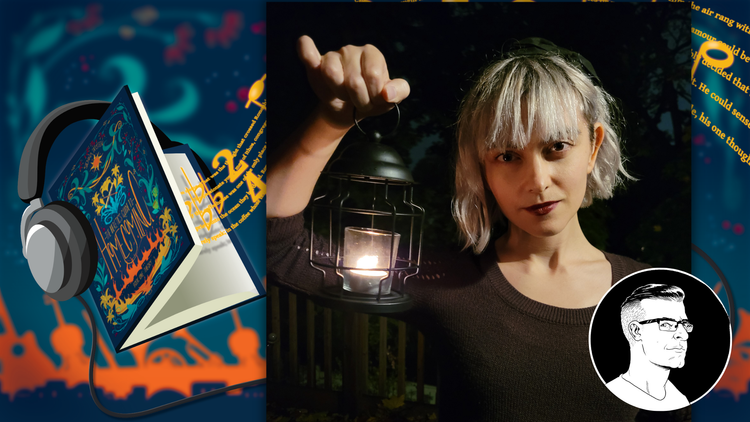
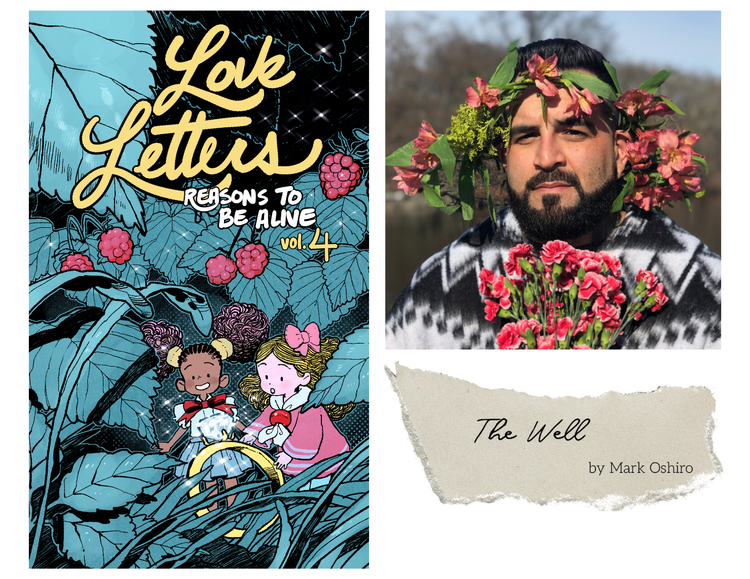
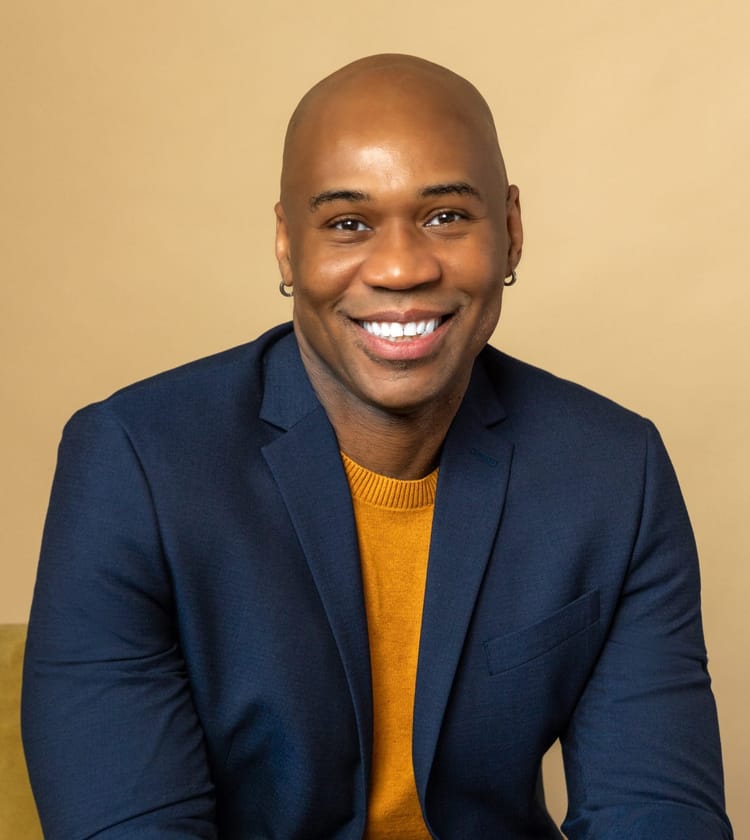
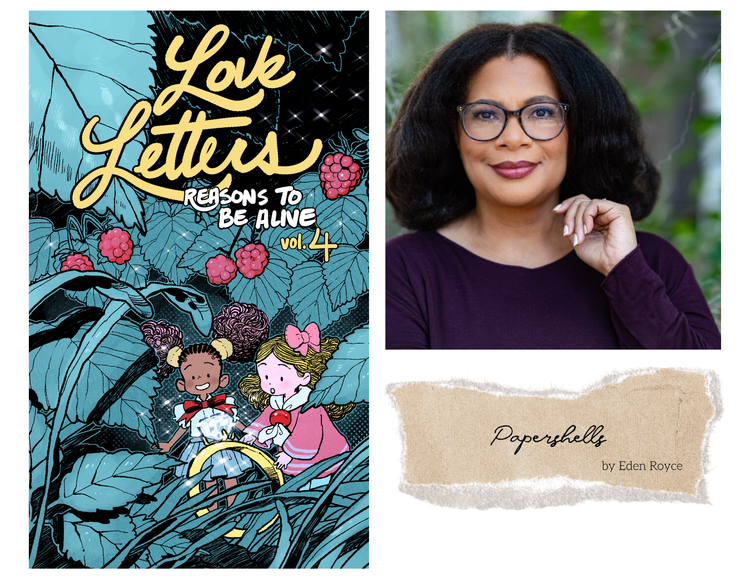
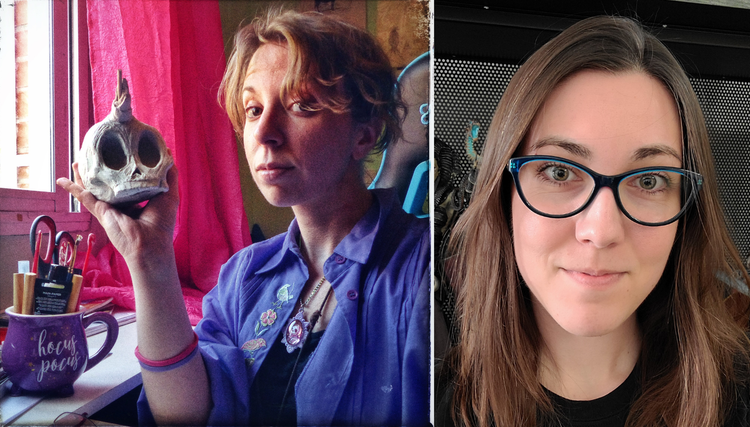
Member discussion